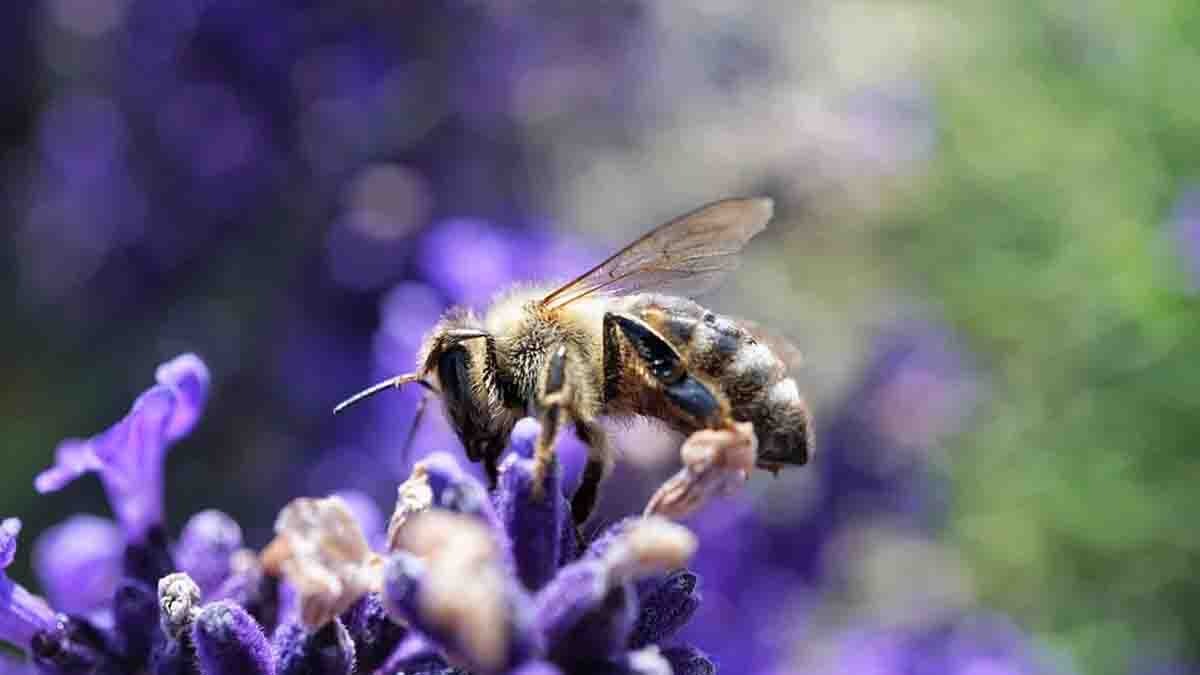
The United Nations Environment Program (UNEP) draws attention to the advancement of industrial agriculture, a factor that could trigger new Pandemics in the future and calls for changing the agricultural model that deforests and destroys biodiversity.
The report: “Preventing the Next Pandemic: Zoonoses and how to Break the Chain of Transmission”, is a joint effort of (UNEP) and the International Institute for Livestock Research (ILRI). The report identifies seven trends driving the growing emergence of Zoonoses (interspecies contagions), including increased demand for animal protein, increased intensive and unsustainable agriculture, exploitation of wildlife and the climate crisis.
In Costa Rica, according to the 2019 National Agricultural Survey, 87% of the cultivated area in the country is occupied by intensive monocultures. Only between 2001 and 2015 the pineapple industry deforested more than 5,500 hectares of according to information from the Productive Landscape Monitoring Project (www.mocupp.org).
In addition, the loss of forests in Costa Rica is strongly advancing thanks to the expansion of the pine crops. The last State of the Nation report of 2019 revealed, using satellite data, that 3,824 hectares of pineapple invaded protected areas and 16,385 hectares invaded wetlands.
The fight against the pineapple expansion has two decades denouncing the abuses of companies and state entities allied with this unsustainable model. Hundreds of communities have been negatively impacted by the fumigations and the health consequences on the people who live and work in the plantations and are evident, becoming severe as more years of exposure to these substances accumulate.
This week the Ministry of Environment and Energy has published Guideline No-0006-2020, which reaffirms what exists in the national regulatory framework on conservation, and indicates that agro-industrial activities within Protected Natural Areas must cease. It gives agribusiness companies a year to make effective the cessation of these illegal activities. A step in the right, but insufficient direction to protect human, environmental and ecosystem health.
It is a mistake to think about economic re-activation continuing with an agriculture model based on monocultures, technological packages of agro-poisons and destruction of biodiversity. Food production methods based on agroecology, forest care and biodiversity must be implemented immediately.

